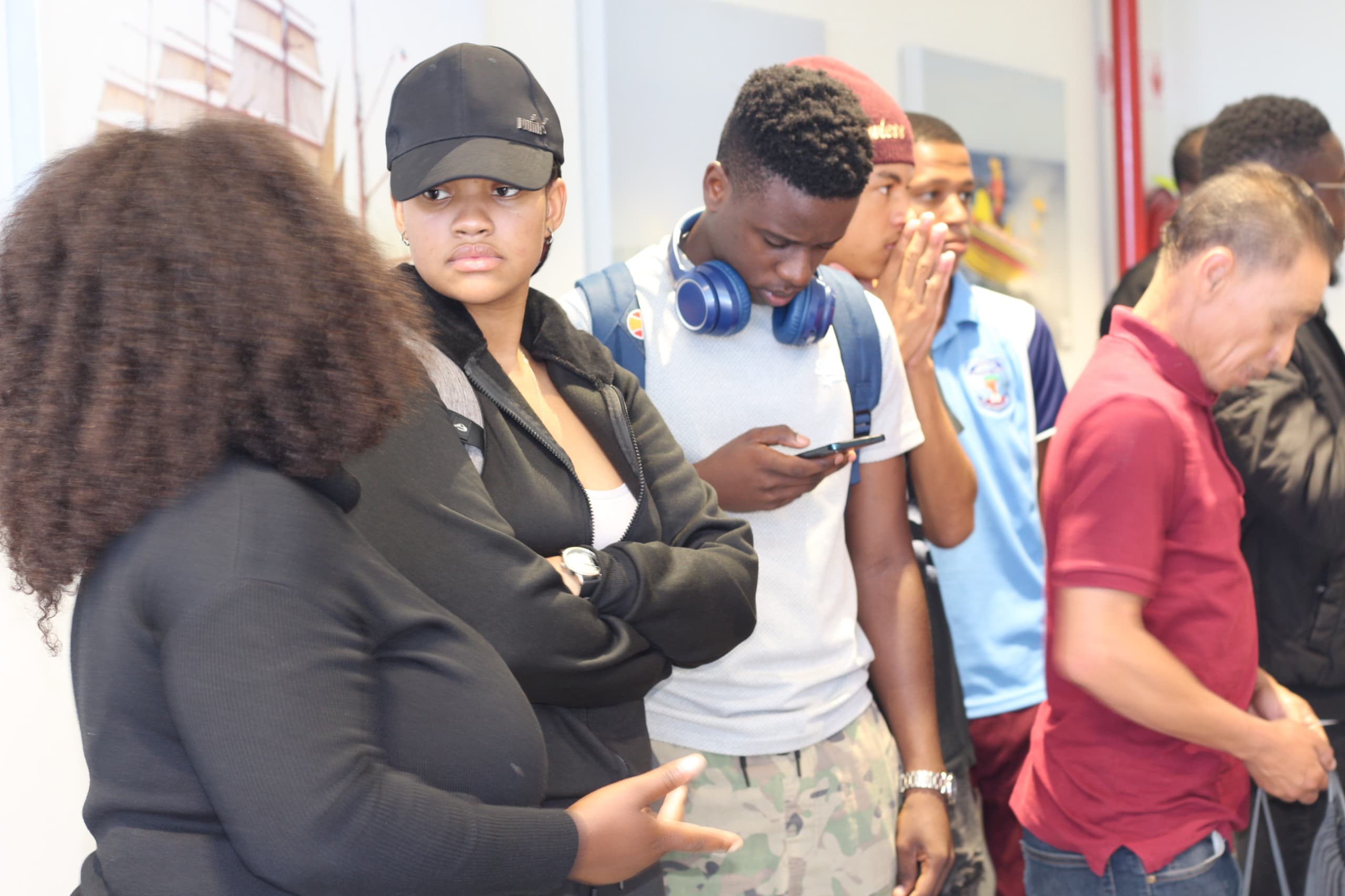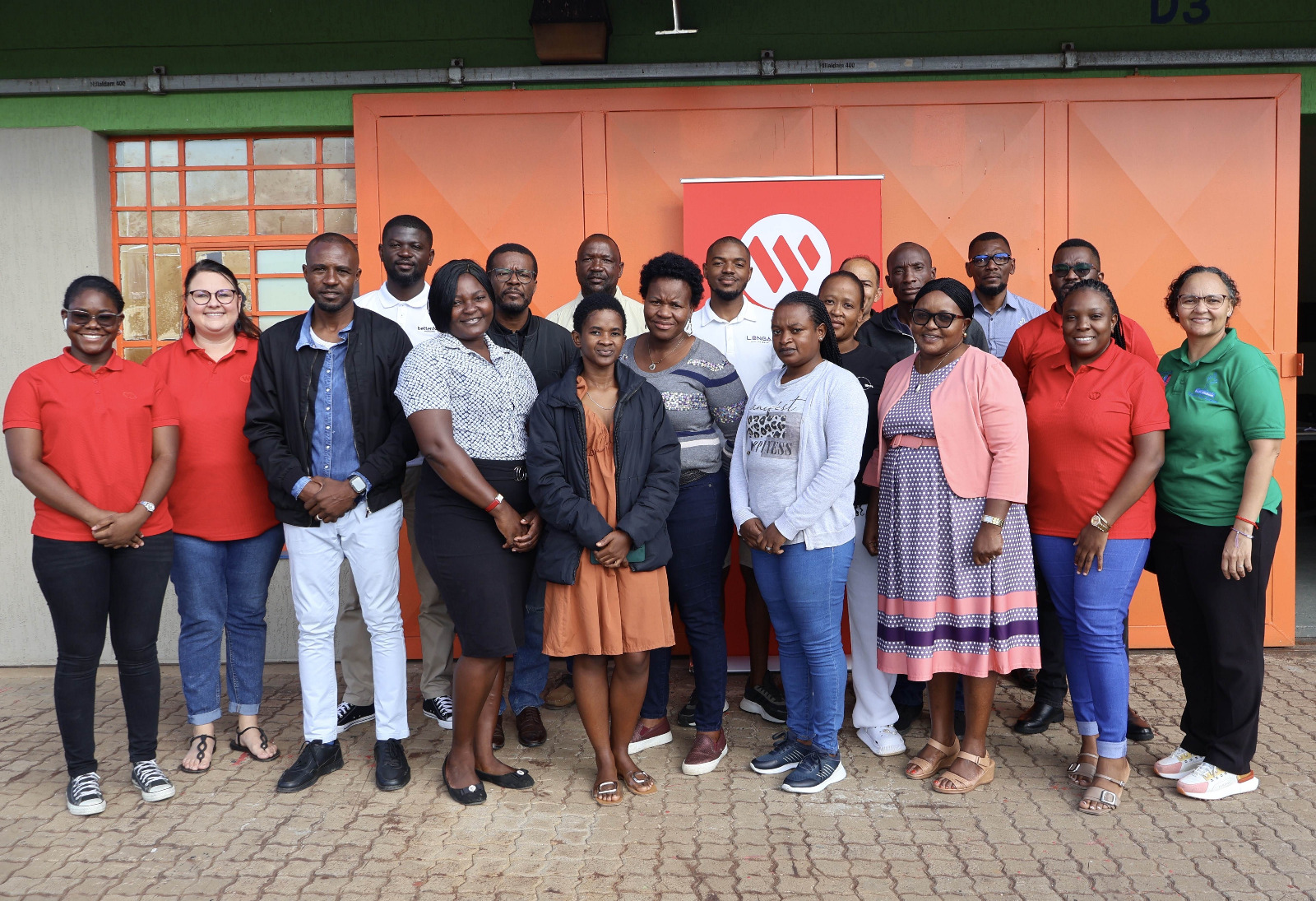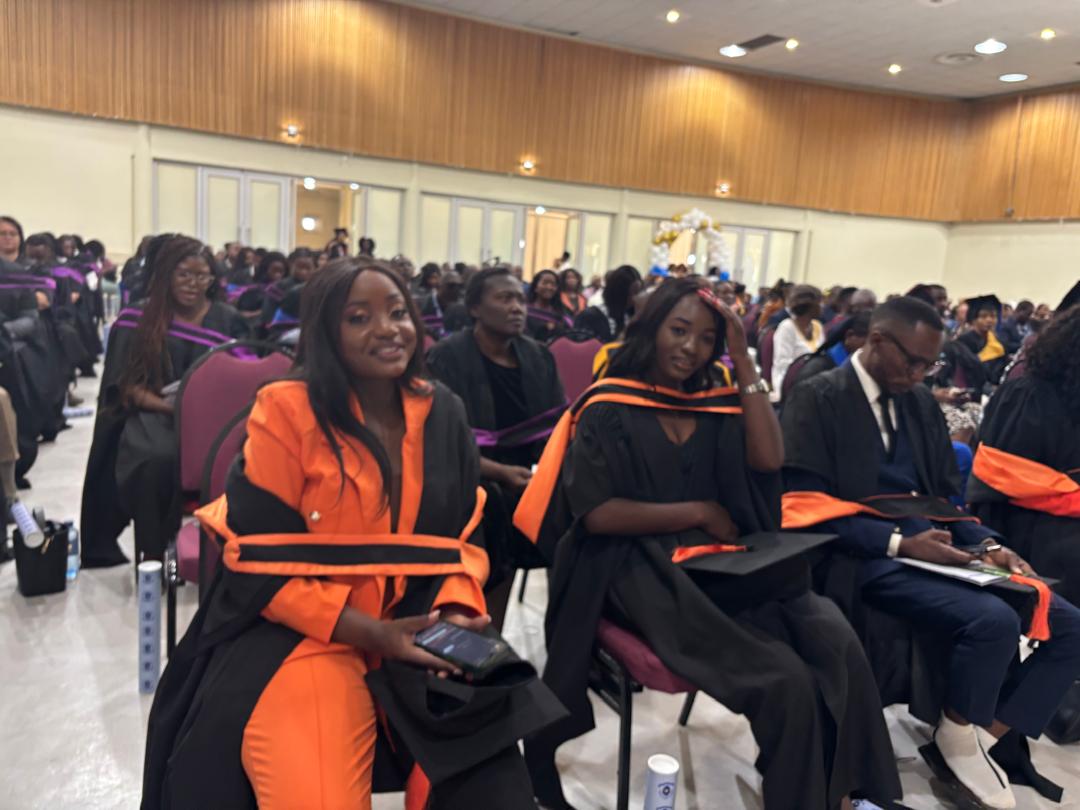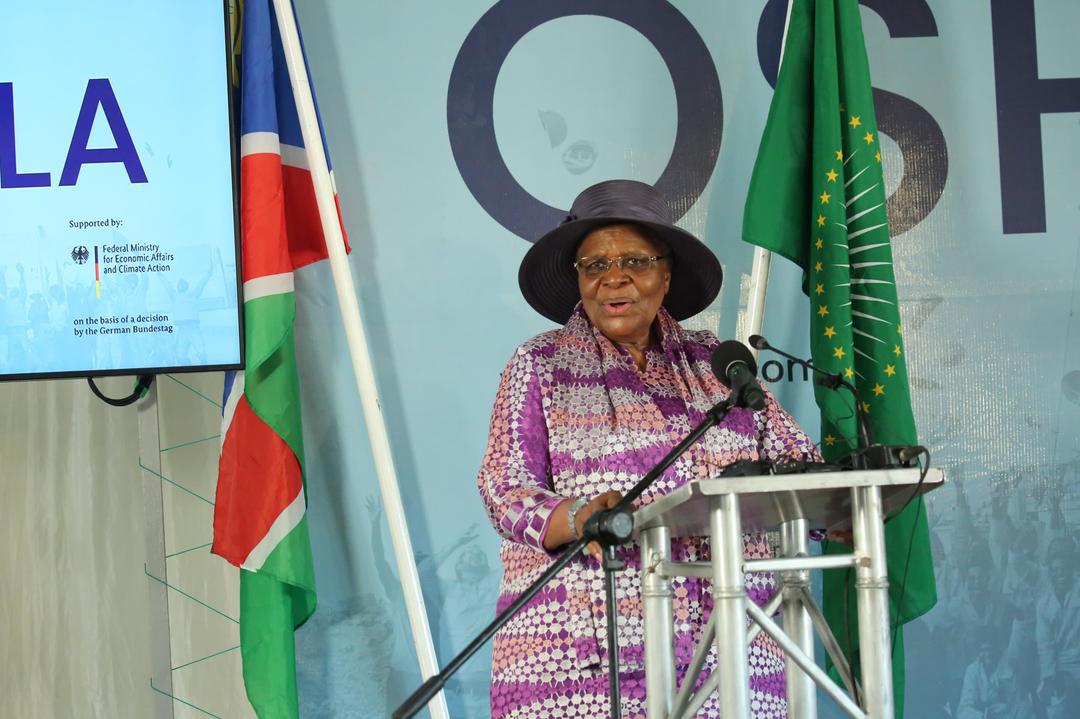NAMIBIA wants to sell beef and mutton to Liberia and seeks closer co-operation with that country in general trade and crop production, while Liberia is interested to learn from Namibia with regard to diamond cutting and polishing.
This emerged from talks between the two countries’ heads of state at State House yesterday. A co-operation agreement to that effect was signed afterwards.Liberian President Ellen Johnson Sirleaf, who arrived for a three-day state visit on Sunday, told President Hifikepunye Pohamba that her country was blessed with natural resources like iron ore, gold, diamonds and rubber.”We have the world’s largest rubber plantation, yet little local value addition is taking place and that we want to improve, especially in the diamond sector,” Johnson Sirleaf said.”Liberia is today part of the Kimberley process and compliant with its stipulations regarding recognised standards of diamond mining.We want to learn from Namibia in the field of cutting and polishing of diamonds.”I am looking forward to close co-operation in the fishing industry and how to manage and guard our marine fish stocks along our vast coastline, which are poached,” Johnson Sirleaf added.”We had a functioning fish industry in the sixties, but this has been destroyed due to (civil) wars.”Liberia had to endure many years of internal unrest until Johnson Sirleaf became president in January 2006, but most of the country’s infrastructure has been destroyed and needs rebuilding.About 5 900 Namibian soldiers served in Liberia as United Nations peacekeepers until the situation stabilised.President Pohamba told his Liberian counterpart that Namibians had not forgotten that in 1960 Liberia and Ethiopia had initiated legal proceedings in the International Court of Justice against apartheid South Africa’s illegal occupation of Namibia.Many exiled Namibians received Liberian passports during the liberation struggle and hundreds of Namibian nationals were allowed to attend Liberian schools.”As a token of our appreciation for Liberia’s unwavering support during our liberation struggle, our Education Ministry is offering four scholarships for young Liberians to study at Namibian tertiary institutions,” Pohamba said.The two countries are also interested in co-operating in tourism and commerce and will identify specific sectors in these areas.At a state banquet on Sunday night, President Pohamba for the first time spoke about the situation in Zimbabwe, which he called “a matter of concern”.”Now that the elections are over, we should assist the leaders and people of Zimbabwe to work together to find an inclusive solution in order to address the political and economic problems facing that country,” he said.”The maintenance of peace and security on our continent should be the overriding consideration in all our actions.”Johnson Sirleaf visited a Windhoek diamond cutting and polishing plant yesterday and she will tour the port of Walvis Bay and inspect a fishing company today.Before her departure this afternoon, she will address a joint session of the National Assembly and the National Council.A co-operation agreement to that effect was signed afterwards.Liberian President Ellen Johnson Sirleaf, who arrived for a three-day state visit on Sunday, told President Hifikepunye Pohamba that her country was blessed with natural resources like iron ore, gold, diamonds and rubber.”We have the world’s largest rubber plantation, yet little local value addition is taking place and that we want to improve, especially in the diamond sector,” Johnson Sirleaf said.”Liberia is today part of the Kimberley process and compliant with its stipulations regarding recognised standards of diamond mining.We want to learn from Namibia in the field of cutting and polishing of diamonds.”I am looking forward to close co-operation in the fishing industry and how to manage and guard our marine fish stocks along our vast coastline, which are poached,” Johnson Sirleaf added.”We had a functioning fish industry in the sixties, but this has been destroyed due to (civil) wars.”Liberia had to endure many years of internal unrest until Johnson Sirleaf became president in January 2006, but most of the country’s infrastructure has been destroyed and needs rebuilding.About 5 900 Namibian soldiers served in Liberia as United Nations peacekeepers until the situation stabilised.President Pohamba told his Liberian counterpart that Namibians had not forgotten that in 1960 Liberia and Ethiopia had initiated legal proceedings in the International Court of Justice against apartheid South Africa’s illegal occupation of Namibia.Many exiled Namibians received Liberian passports during the liberation struggle and hundreds of Namibian nationals were allowed to attend Liberian schools.”As a token of our appreciation for Liberia’s unwavering support during our liberation struggle, our Education Ministry is offering four scholarships for young Liberians to study at Namibian tertiary institutions,” Pohamba said.The two countries are also interested in co-operating in tourism and commerce and will identify specific sectors in these areas.At a state banquet on Sunday night, President Pohamba for the first time spoke about the situation in Zimbabwe, which he called “a matter of concern”.”Now that the elections are over, we should assist the leaders and people of Zimbabwe to work together to find an inclusive solution in order to address the political and economic problems facing that country,” he said.”The maintenance of peace and security on our continent should be the overriding consideration in all our actions.”Johnson Sirleaf visited a Windhoek diamond cutting and polishing plant yesterday and she will tour the port of Walvis Bay and inspect a fishing company today.Before her departure this afternoon, she will address a joint session of the National Assembly and the National Council.
Stay informed with The Namibian – your source for credible journalism. Get in-depth reporting and opinions for
only N$85 a month. Invest in journalism, invest in democracy –
Subscribe Now!










